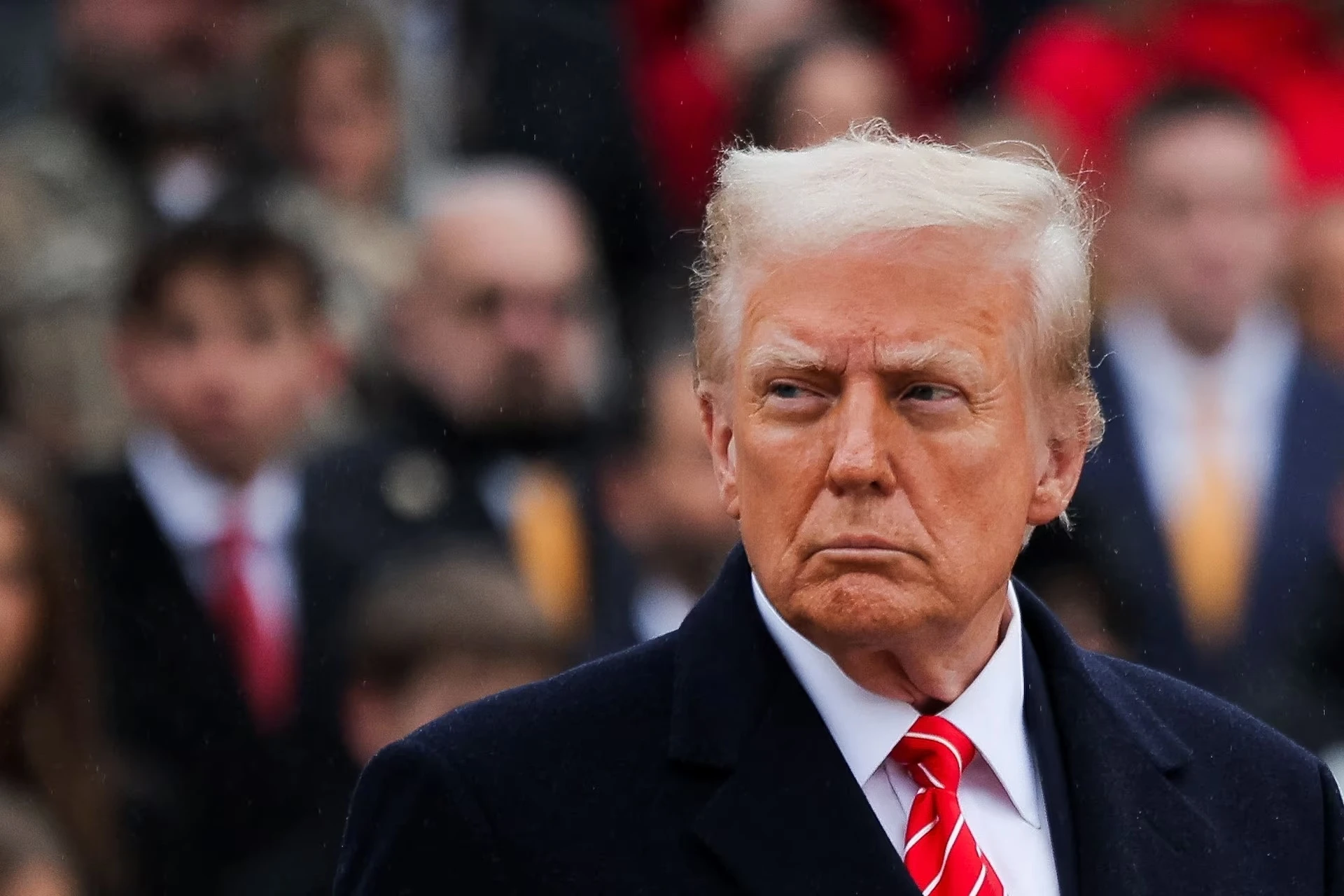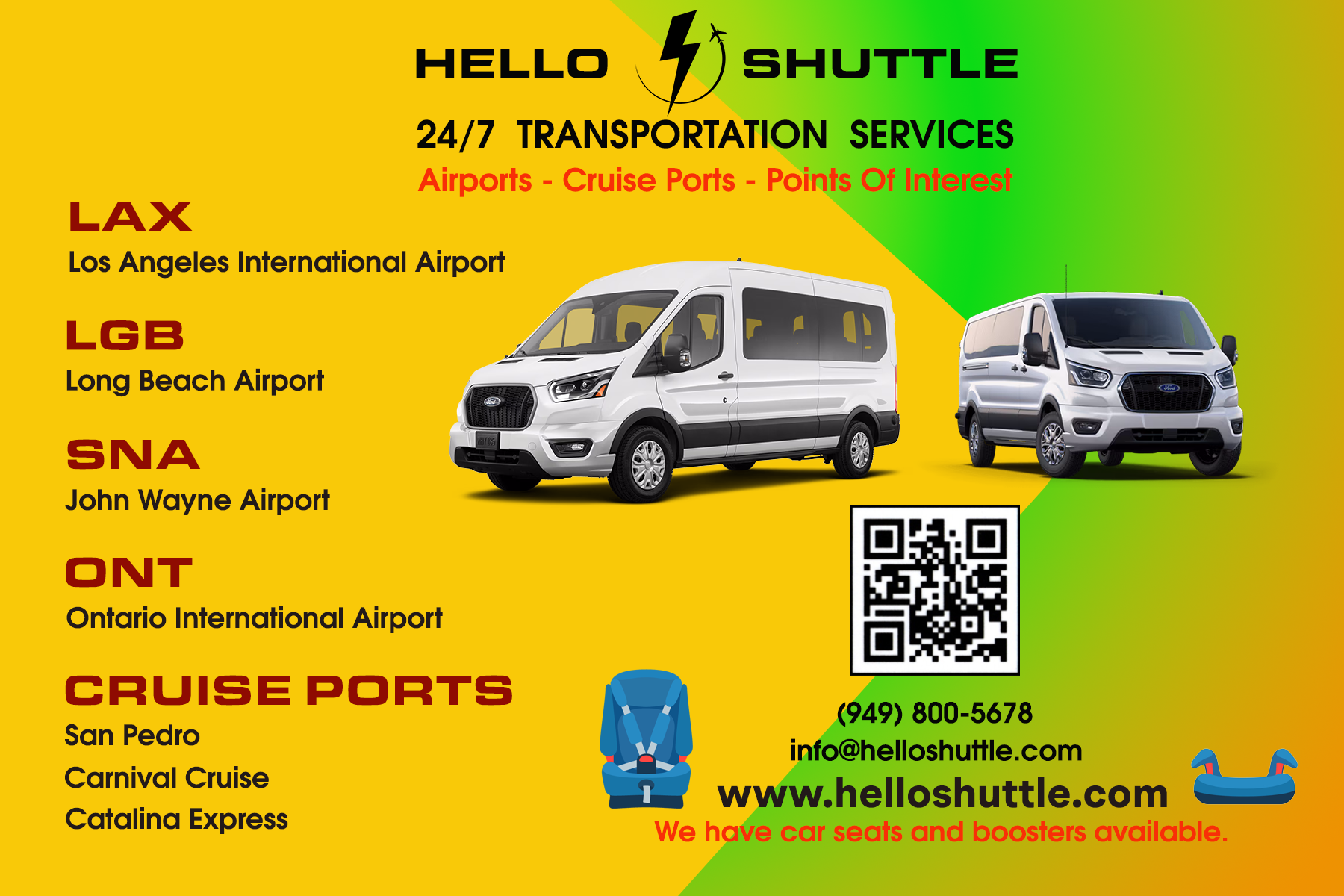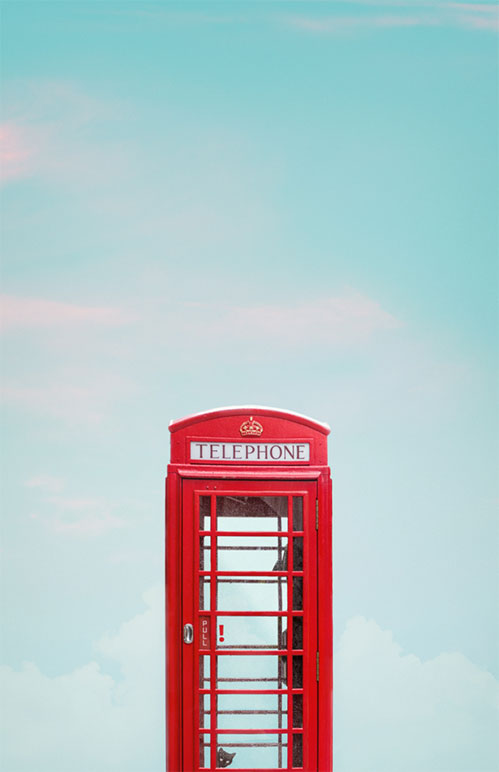
The 2012 election marked the last instance of a familiar political dynamic in the U.S. before Donald Trump’s conservative populism ushered in an entirely new era.
The New York Times observes that Barack Obama’s reelection in 2012 symbolized the rise of a dominant Democratic coalition fueled by younger, more diverse voters. Yet, in hindsight, it also signaled the end of an era: the final victory of 1960s liberal social movements over the Reagan-style Republican Party.
The three most recent presidential elections—2016, 2020, and 2024—have reflected a different political landscape, shaped by Trump’s brand of conservative populism. Since his rise, American politics has been fundamentally transformed, with Democrats and Republicans now clashing over issues that once saw bipartisan consensus.
Shifting Political Paradigms
Before Trump, the Republican Party adhered to a "three-legged stool" philosophy inspired by Ronald Reagan: fiscal conservatism and limited government, religious-right values, and hawkish foreign policy. Meanwhile, Democrats championed labor, progressivism, and the movements born out of the 1960s.
For decades, this clear ideological divide produced predictable election patterns centered on familiar themes: war and diplomacy, welfare spending and tax cuts, family values and social justice, free trade and job protection.
But Trump disrupted this status quo. He embraced working-class voters, criticized elites, and rejected traditional foreign policy orthodoxy. Meanwhile, Democrats increasingly defended institutions, norms, and longstanding global alliances.
Issues that once enjoyed bipartisan agreement—immigration, free trade, post-war alliances, and America’s role in global democracy—became bitterly divisive. Simultaneously, earlier partisan flashpoints like the Iraq War, Social Security, and same-sex marriage faded into the background.
The ideological reshuffling within both parties has been profound. Prominent Republicans now find themselves at odds with the party’s policies, while former Obama supporters, like Robert F. Kennedy Jr. and Elon Musk, have aligned themselves with Trump.
A New Political Realignment?
Trump’s political ascent has introduced two key hallmarks of a potential realignment: shifts in the core conflicts between parties and corresponding internal transformations. While it remains unclear whether these changes constitute a lasting political realignment—defined as one party achieving sustained dominance—they are undeniably significant.
Globally, Western democracies are experiencing similar upheavals, with remnants of the old industrial political order being replaced. In nations like the UK and France, left-leaning parties have lost working-class support to conservative populism over issues like immigration, trade, and national sovereignty.
Education Over Class
In America, these shifts have been particularly striking. Trump has reshaped the Republican Party around populism, labor, and cultural conservatism, while Democrats increasingly rely on college-educated elites and progressive activists.
For decades, education levels made little difference in voting patterns. Today, educational attainment is one of the strongest predictors of political allegiance. Trump has lost ground with wealthier voters but gained overwhelming support from non-college-educated voters, reshaping the Republican base.
A Nation in Transition
While the 2012 election reflected the height of an older political order, Trump’s 2016 victory marked a radical departure. He dismantled Reagan’s “three-legged stool” and built a coalition focused on populism, trade, immigration, and cultural opposition to the liberal elite.
The Democratic Party, meanwhile, has struggled to articulate a cohesive message. Despite its progressive aims, it has become increasingly disconnected from its traditional working-class base, relying instead on college-educated voters and urban activists.
As America navigates this new political era, the legacy of Trump’s influence is undeniable. Whether these changes represent a temporary disruption or a long-term realignment remains to be seen, but one thing is clear: the nation has entered a new chapter in its political history.
Hello Shuttle will strive to bring the latest updates. At the end of the day.
Are you looking for reliable airport and cruise port transfer services in Los Angeles?
We offer professional, safe, and punctual transportation from
Los Angeles Airport - LAX
Long Beach Airport - LGB
John Wayne Airport - SNA
San Pedro cruise port
Long Beach cruise port
Disneyland
and other destinations.
Let us make your journey stress-free and comfortable with our dedicated drivers and high-quality vehicles. Book now for the perfect travel experience at www.helloshuttle.com or call 944-800-5678!


